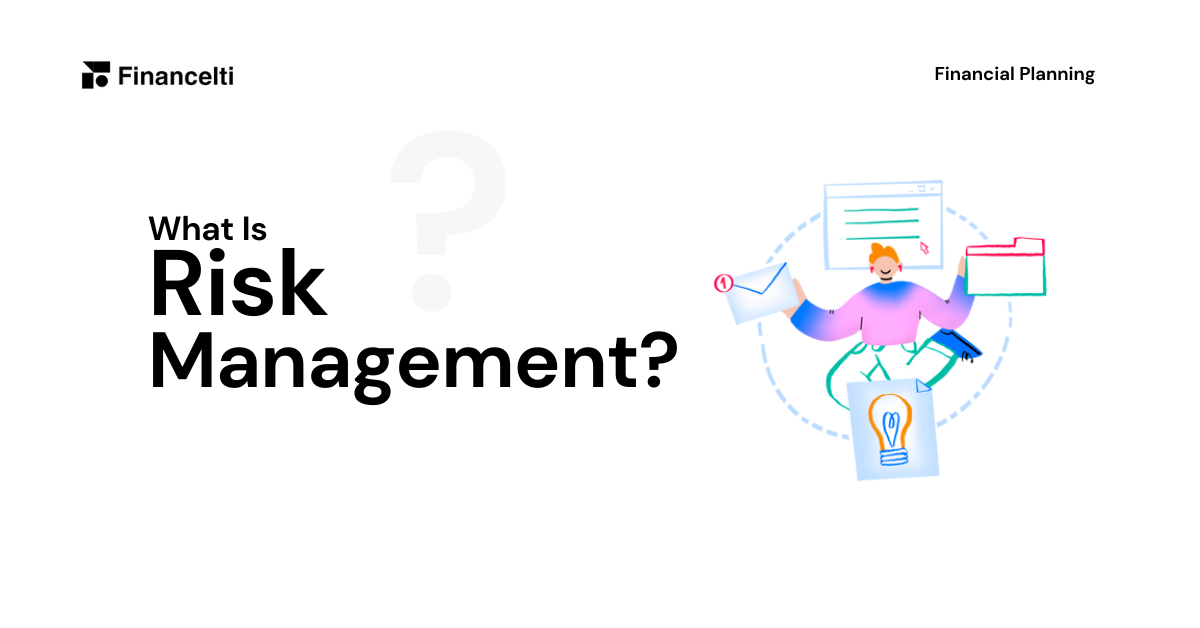In today’s fast-paced and unpredictable business landscape, risk management has become a crucial aspect of any successful organization. It’s not just a buzzword; it’s a strategic process that helps businesses identify, assess, and mitigate potential threats and uncertainties. In this article, we will delve deep into the world of risk management, exploring its importance, key principles, and how it can benefit businesses of all sizes. Read More.
Table of Contents
Understanding Risk Management
Defining Risk
Before we dive into risk management, it’s essential to understand what risk means in a business context. Risk can be defined as the possibility of an event occurring that will have a negative impact on the achievement of objectives. These events can vary from financial losses to reputation damage and operational disruptions.
The Purpose of Risk Management
The primary purpose of risk management is to systematically identify, evaluate, and respond to risks that could hinder an organization’s ability to meet its goals. By doing so, a company can protect its assets, enhance decision-making processes, and seize opportunities that arise in a volatile environment.
The Components of Risk Management
Risk Identification
The first step in managing risk is identifying potential threats and opportunities. This process involves brainstorming, conducting risk assessments, and considering both internal and external factors that may affect the organization.
Risk Assessment
Once risks are identified, they need to be assessed in terms of their impact and probability. This step helps prioritize risks and determine which ones require immediate attention.
Risk Mitigation
After identifying and assessing risks, the next step is to develop strategies to mitigate them. These strategies can include risk avoidance, risk reduction, risk transfer, or risk acceptance.
The Benefits of Effective Risk Management
Improved Decision Making
One of the significant benefits of risk management is that it enables organizations to make informed decisions. When risks are well-understood, leaders can weigh the potential consequences and benefits before taking action.
Enhanced Business Resilience
Effective risk management enhances an organization’s ability to weather storms. It equips businesses with the tools to adapt to unforeseen challenges and recover quickly from setbacks.
Competitive Advantage
Companies that excel in risk management often gain a competitive edge. Stakeholders, including customers and investors, are more likely to trust organizations that have a robust risk management framework in place.
Implementing Risk Management
Establishing a Risk Management Framework
To implement risk management successfully, organizations need to establish a framework that outlines roles, responsibilities, and processes. This framework should be flexible enough to adapt to changing circumstances.
Training and Awareness
Employees at all levels should be aware of the importance of risk management and receive appropriate training. They should understand how their actions can impact the organization’s risk profile.
Conclusion
In conclusion, risk management is a vital strategic process that helps organizations navigate the uncertainties of the business world. It goes beyond financial risk and encompasses all aspects that can affect an organization’s success. By identifying, assessing, and mitigating risks, companies can make better decisions, build resilience, and gain a competitive advantage. For More Financial Knowledge Visit Finance Clickin
FAQs
What are the common types of business risks?
Business risks can include financial risks, operational risks, market risks, and reputational risks, among others.
Is risk management only for large corporations?
No, risk management is essential for businesses of all sizes, from start-up’s to multinational corporations.
How often should risk assessments be conducted?
Risk assessments should be conducted regularly, with a frequency that matches the pace of change in your business environment.
Can risk management prevent all disasters?
While it cannot prevent all disasters, effective risk management can significantly reduce the impact of unforeseen events.
Where can I learn more about implementing risk management in my organization?
You can access resources and guidance from industry associations, consult with risk management experts, or consider enrolling in relevant training programs.







[…] today’s dynamic business landscape, Risk Management is not merely a buzzword; it’s a critical strategy that can make or break an organization. In […]
[…] Risk management involves protecting yourself and your assets against unexpected events such as illness, disability, or death. This may include purchasing health insurance, life insurance, disability insurance, and creating an estate plan. […]